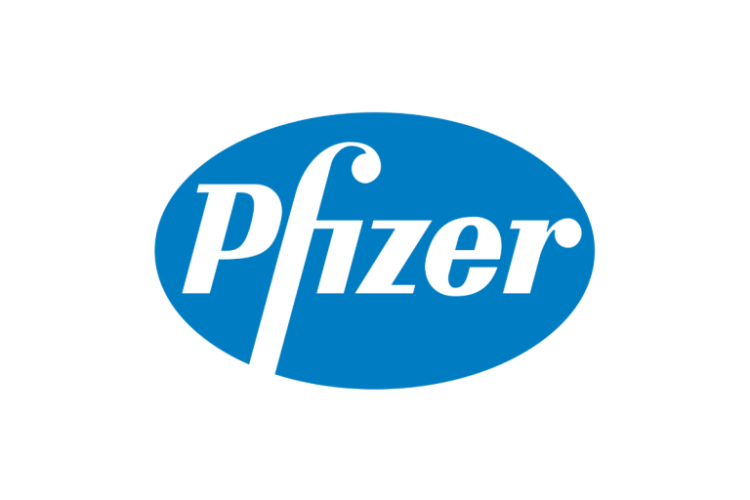Over the last few decades, there has been great concern regarding the sustainability and conservation of the environment. Environmental pollution and globalization have become the concern of most environmental protection agencies. The harmful and mortal effects of nitrogen oxide, which is a pollutant found in car exhaust have led the Environmental Protection Agency (EPA) to tighten emission control considering the attention paid to conservation and saving the green. These concerns have made the EPA constantly announce restrictions for standard emissions for all types of vehicles the sports car, heavy-duty trucks, automobiles, and other types of cars. These stringent measures are necessary considering that nitrogen gas emitted is harmful to human health and results in diseases such as asthma, premature death, bronchitis, and respiratory and cardiovascular.… Read the rest
Management Case Studies
Management case studies are real-life examples of issues and problems found in particular workplaces or business organisations. Case study assignments give the opportunity to relate theoretical concepts to practical situations. Most case studies are written in such a way that the reader takes the place of the manager whose responsibility is to make decisions to help solve the problem. In almost all case studies, a decision must be made, although that decision might be to leave the situation as it is and do nothing.
Case Study: Causes of the Recent Decline of Tesla
Tesla is a pioneering company that was founded in 2003 by a group of innovative and driven engineers. For years electric cars had a stigma for being worse than traditional gas-powered vehicles. The general public believed that a high-quality electric car could not exist. This is where Tesla stepped in, the firm quickly went to work crafting a high-end electric car and released the revolutionary Roadster sports car. The Roadster was considered a major feat because it could travel very far on a single charge unlike many other electric cars. The Roadster was a very physically attractive car that helped make the idea of riding around in an electric sports car seem like a sleek and cool thing.… Read the rest
Case Study of Jack Welch: Leadership that Creates Innovation
When Jack Welch became CEO of General Electric in 1981, he was only the 11th CEO the company had seen in its 120 years of existence. Although GE was a $13 billion a year company, it began showing signs of necessary change as it had reached the stage between maturity and decline. After 20 years at the helm, Jack Welch had turned General Electric (GE) into one of the world’s most successful companies. Welch increased GE’s market value from $13 billion to over $300 billion in 2001. He guided the once struggling company to what was then the biggest corporation in the entire world as well as the most profitable.… Read the rest
Case Study of GUCCI: Transformation of Luxury Branding
Guccio Gucci opened a small shop selling leather goods on the via del Parione in Florence in 1923. He sold luggage imported from Germany and offered customers with repair services. As the luggage business prospered, he opened his own workshop to produce his own design. The business in the 1920’s created huge profit and success however in the 1930’s Gucci began to face some challenges when the sanctions imposed on Mussolini. He faced shortage of imported leather yet this challenge gave him innovated idea of using new materials such as canvas and produced small leather goods, wallets and belts that are still big part of the Gucci company.… Read the rest
Case Study: Johnson & Johnson Company Analysis
Founded in 1866 as a family business, Johnson & Johnson now has over 130,000 employees in 60 countries worldwide. What started off as a small, three-person business, the company has now expanded across the globe and was named a “2017 Fortune’s Most Admired Company”. One may wonder, how did brothers Robert, James, and Edward Johnson set the foundation for the next 130 years to come? This success can be attributed to Johnson & Johnson’s Strategic Framework, which is at the root of all decision-making. The company’s Strategic Framework is comprised of three main components: The Foundation, Strategic Principles, and Growth Drivers.… Read the rest
Case Study: Pfizer’s Strategy Analysis
Pfizer, Inc. has chosen the value creation alternative of differentiation. Differentiation forces Pfizer to increase costs, resulting in an increase in product price, and most importantly an increase in customer perceived value. Pfizer’s differentiation can be achieved by producing high-quality, innovative drugs which require extensive research and development as well as patent protection. For example, Pfizer spent approximately eight billion dollars on 100 research and development projects in 2018. Furthermore, Pfizer, Inc.’s business-level strategy is known as broad differentiation. This strategy enables Pfizer to serve a large market while still creating value through its differentiation.
A key tradeoff associated with a differentiation strategy, although creating a high perceived value of the brand, is the implementation of a high-cost structure.… Read the rest





